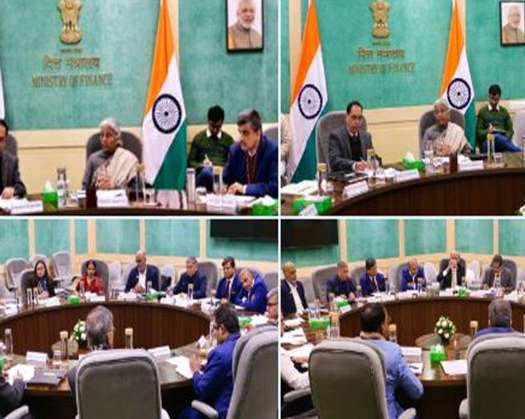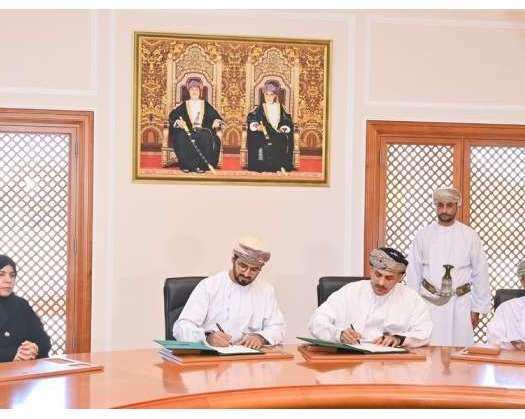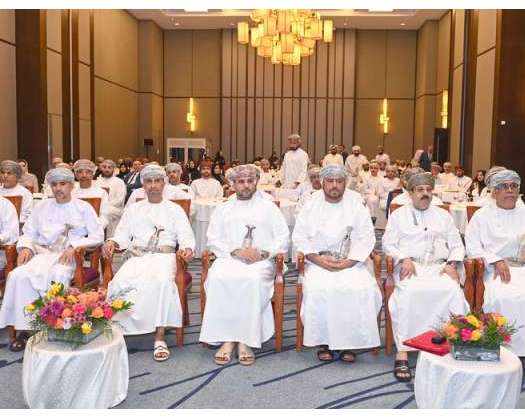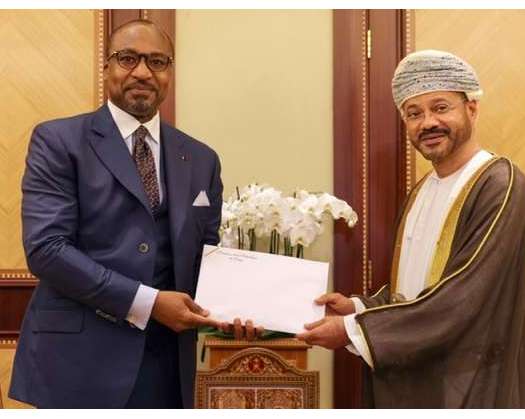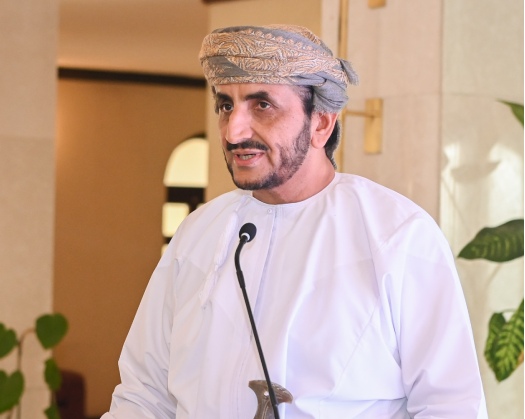New Delhi: On Thursday, Indian Finance Minister Nirmala Sitharaman engaged with stakeholders from the financial sector and capital markets as part of her ongoing pre-Budget consultations.
The meeting included the Finance Secretary, the Secretary of the Department of Investment and Public Asset Management (DIPAM), as well as the secretaries from the Department of Economic Affairs and the Department of Financial Services, along with the Chief Economic Adviser to the Government of India.
This meeting marked the seventh in her series of pre-Budget discussions.
The Finance Ministry annually organizes multiple pre-Budget consultation sessions with experts, industry leaders, economists, and state officials. The formal process for drafting the annual Budget for the upcoming financial year is already underway.
So far, Sitharaman has conducted a range of meetings with diverse stakeholders, including representatives from MSMEs, farmers' organizations, and economists.
Last week, Prime Minister Narendra Modi also met with a group of distinguished economists and thought leaders at the NITI Aayog to discuss preparations for the Union Budget 2025-26.
In line with tradition, the Budget for 2025-26 is scheduled to be presented on February 1, 2025.
This upcoming Budget will be the eighth presented by Finance Minister Nirmala Sitharaman, and it is anticipated that significant announcements and the government's economic outlook for the remainder of the Modi 3.0 administration will be closely watched.
This forthcoming budget is set against a backdrop of disappointing GDP figures and subdued consumption levels within the economy.
In the July-September quarter of the financial year 2024-25, the Indian economy recorded a real growth rate of 5.4 percent, falling short of the Reserve Bank of India's (RBI) projection of 7 percent. Similarly, the growth rate for the April-June quarter also lagged behind the central bank's expectations.
Recently, the Reserve Bank revised its growth forecast for India for the fiscal year 2024-25, lowering it from 7.2 percent to 6.6 percent.
The Economic Survey presented in Parliament earlier this year provided a "conservative" estimate of India's real GDP growth at 6.5-7 percent for 2024-25, while acknowledging that market expectations are more optimistic. Real GDP growth reflects the economic growth rate adjusted for inflation.
High-frequency indicators for the third quarter of 2024-25 (October-December) suggest that the Indian economy is rebounding from the slowdown experienced in July-September, bolstered by robust festival-related activities and a consistent increase in rural demand, as noted by the Reserve Bank of India (RBI) in its recent monthly bulletin.
During the financial year 2023-24, India's GDP experienced remarkable growth of 8.2 percent, maintaining its status as the fastest-growing major economy. The growth rates for the previous years were 7.2 percent in 2022-23 and 8.7 percent in 2021-22.

